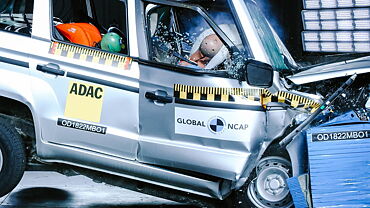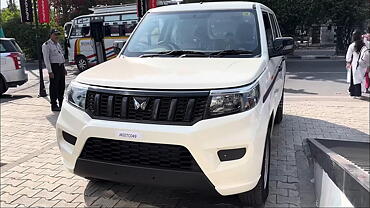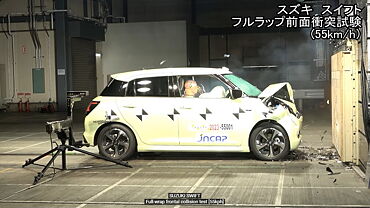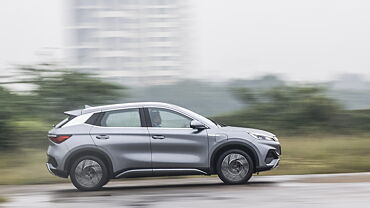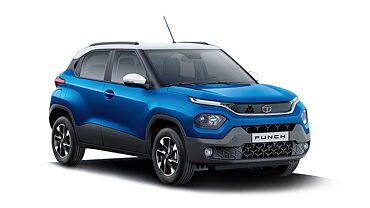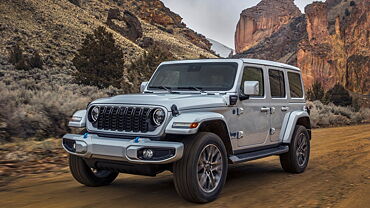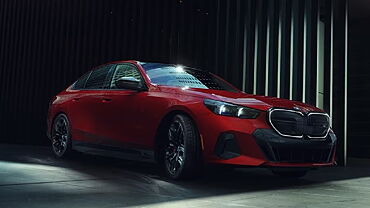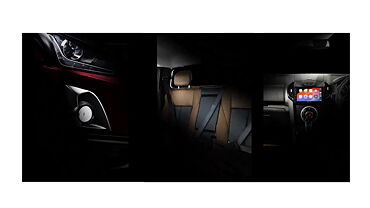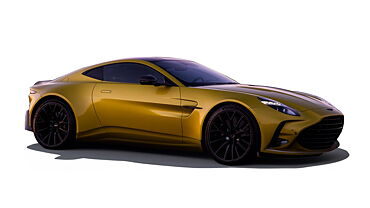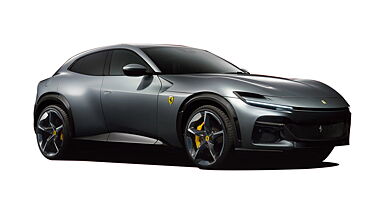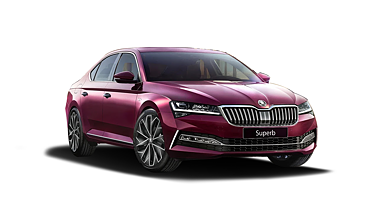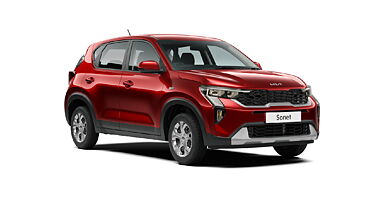Diversities present in the Indian automobile market do not just pose problems to companies, they create opportunities as well. Since the customer base is so huge and revenue generation potential is so high, firms operating in the country, more often than not, try to make changes to their strategies in order to adjust to conditions. A relevant example of the same would be how companies like Mercedes-Benz, BMW and Audi launched low cost products to attract customers. Fortunately, this ploy worked to a great extent and Mercedes-Benz, in particular, was able to perform really well. In fact, a lot of car makers operating in the country have chosen India as a hub for the manufacturing of small vehicles. Now, according to reports, the same principle is set to be applied by players in the two-wheeler industry. It is being said the makers around the world are planning to make India the centre for the production of compact super bikes
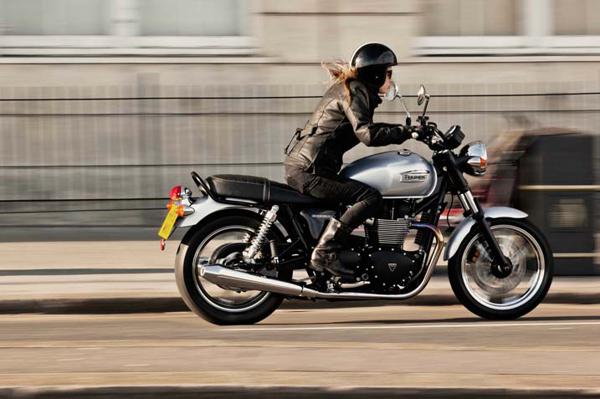
A report in Economic Times says that the mass-production base of over 15 million units is going to be utilised by companies. Also, sources claim that more bikes in the 250 cc segment will be launched in India in the coming years. British manufacturer Triumph, which recently entered the Indian market, is going to introduce 250 cc variant of Daytona bike that is expected to be manufactured at its facility near Bangalore. Not only Triumph but its fierce competitor Harley-Davidson is likely to follow this trend and launch a low-specification version of a particular model. Interestingly, Indian bike makers are also coming into the picture by collaborating with some famous international names. TVS Motors, based in Chennai, is reportedly in the process of creating a platform for German bigwig BMW. On the other hand, Hero MotoCorp, among the best in the country, is slated to unveil a 250 cc motorcycle at Auto Expo 2014, which has been made in collaboration with Erik Buell Racing, its subsidiary from America.
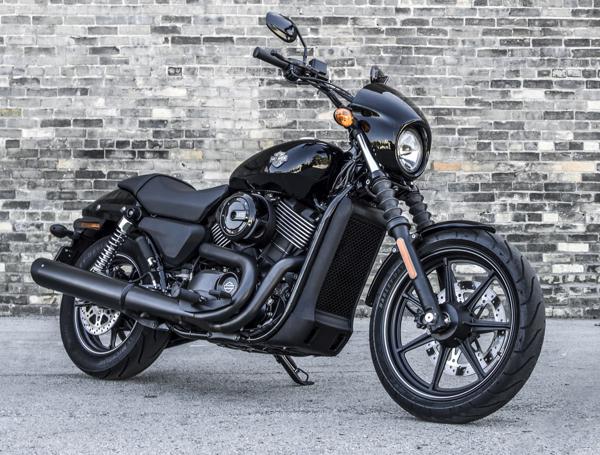
Speaking to ET, Vimal Sumbly, Managing Director at Triumph India, said, "India is poised to become one of the largest sports bikes market in the 250cc segment. It is the most promising segment as we expect a large number of customers moving up the value chain and we are already working in that direction to tap the potential market." According to sources, Triumph is looking to produce bikes over the next two years from India. Notably, there has been a rise in the demand for high-specification motorcycles in the country and companies are hoping to capitalise on same. There is an entire new generation of buyers that now demands bikes with big engines, high power outputs and top styling.
Emerging Markets Automotive Advisors, a research firm, has done statistical analysis to reach conclusive statistics. Reports suggest that sales of big bikes in India are likely to catapult by 50 per cent as compared to 2012. Incredibly, EMMAAA has predicted sales to reach in excess of 7 lakh in 2022. Deepesh Rathore, Director at this research firm, spoke about how global brands like Harley-Davidson and Triumph are targeting India by developing low-cost models. "The introduction of big brands like Harley and Triumph in the last few years has created this thirst for top-rated motoring experience and motorcycle enthusiasts have finally found access to global spec, high-powered speed machines. Going forward global manufacturers like Triumph, BWM and Harley-Davidson are rushing to develop smaller capacity machines to grow the market and quench the thirst of Indian bikers," he was quoted as saying.
The average motorcycle engine displacement index (AMEDI), which, as the name suggests, reflects the segment (in terms of cc) customers prefer, has been on the rise in the last ten years. A promising sign is the fact that EMMAAA expects this index to increase further due to the increasing demand of people and better purchasing power. At present, due to its collaboration with Austrian bike maker KTM, Indian firm Bajaj Auto boasts of a huge portfolio of sports motorcycles. Global statistics are also suggestive of the rising scope of super bikes For example, sales of such models increased in 2012 by around 20 per cent, a statistics second to only Latin America. However, 2013 has been a little disappointing for the 1000 cc-above segment as the input cost was really high due to the constant devaluation of rupee.
Companies are deriving other benefits than the wide customer base from the Indian market. By assembling bikes in India, firms are fairing better than they did while paying 100 per cent import duty. For instance, reportedly, the price of Harley-Davidson Fat Boy was brought down by almost 30 per cent due to local assembling. Some sources suggest that the legendary American bike manufacturer will be looking to convert its Completely Knocked Down (CKD) facility into a production centre.



